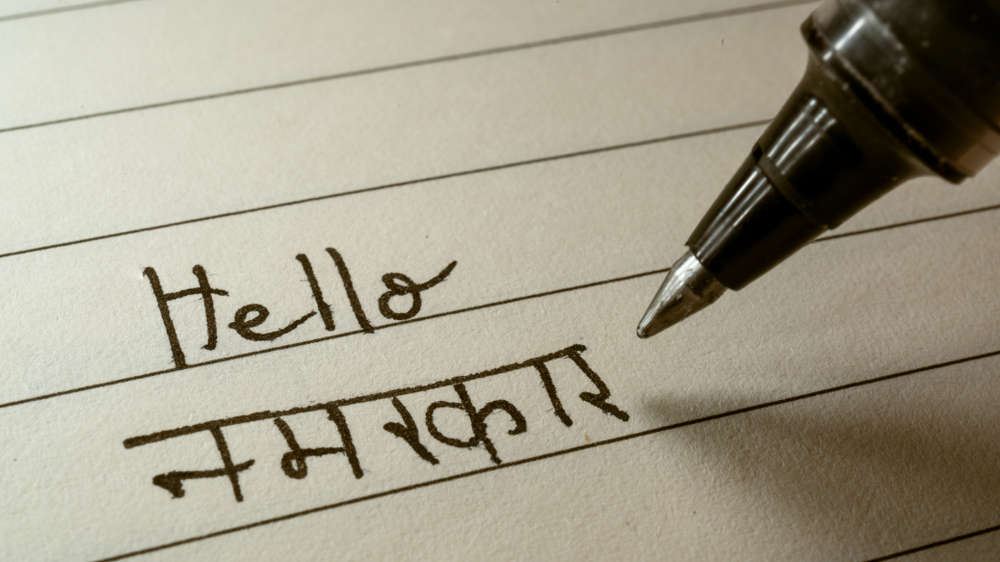In a multilingual country, languages can be a site of tension and conflict, particularly when regional history, the sense of identity and power are factored into the equation. So the National Education Policy, 2020 is not the only spur to disagreement over languages. In Kashmir, the government has decided to add Kashmiri, Dogri and Hindi, supposedly by popular demand, as official languages to Urdu and English that had had this status for 131 years. That there has been a collective objection from members of non-political society to this Central policy for the first time since the change of Jammu and Kashmir’s status on August 5, 2019 indicates how strongly people feel about languages and the history of their use. Not only would an excess of official languages — inciting a demand for the inclusion of others — trigger division, fear these citizens, it might also create a confusion that would help the imposition of Hindi. A similar fear has prompted the state of Tamil Nadu, both government and Opposition, to reject the three-language formula of the NEP. The state wishes to stick to Tamil and English that have been traditionally taught in schools, a policy born of the anti-Hindi agitation associated with the region’s identity.
The belief that Hindi will be imposed originates in distrust of this Union government that proposed, for example, that Hindi be mandatory for members of parliament and Union ministers, and ensured, among other things, that airport announcements or names of schemes, campaigns and programmes are in that language. That leaves citizens with no Hindi and no English helpless. Yet language learning is not necessarily conflictual. Andhra Pradesh is producing a mirror text, with Telugu on one page and its English on the facing page for classes one to six. The state has thus countered the complaint that it was violating the NEP that required that children must be taught in their mother tongue till Class V. Obviously, states are being given very little space to teach as they think fit. What about linguistically displaced children? India is a country of internal migrants at all levels; how are their children to learn the mother tongue? The one-size-fits-all prescription suggests insensitiveness, thoughtlessness or ignorance; decisions about languages cannot be rammed down the throat of a multilingual society with its historically complicated cultures.











